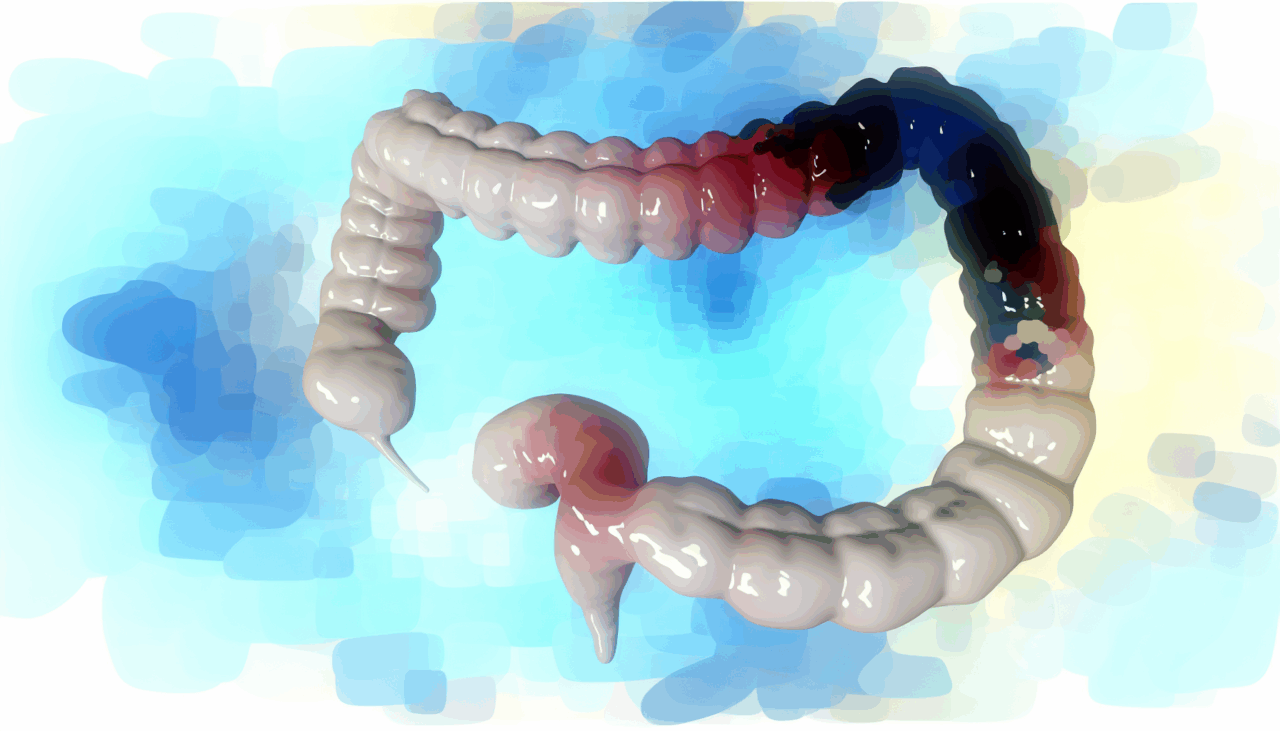Introduction of AI in Colonoscopies
The integration of artificial intelligence (AI) in medical procedures, particularly colonoscopies, has been met with both enthusiasm and concern. A recent study published in The Lancet Gastroenterology & Hepatology highlights a potential downside: the routine use of AI assistance may lead to a decline in the skills of endoscopists, the healthcare professionals responsible for performing colonoscopies. This study suggests that reliance on AI could reduce the ability of endoscopists to detect precancerous growths, known as adenomas, without AI support.
The Role of Colonoscopies in Cancer Prevention
Colonoscopy is a critical procedure for detecting and removing adenomas, thereby preventing bowel cancer. Numerous clinical trials have demonstrated that AI assistance can enhance adenoma detection rates, generating significant interest in the technology. However, there is a notable gap in research regarding the long-term effects of AI on the skillset of endoscopists. The question remains whether AI serves as a beneficial training tool or if it inadvertently diminishes the proficiency of healthcare professionals.
Study Findings and Implications
Dr. Marcin Romańczyk from the Academy of Silesia in Poland, one of the study’s authors, notes, “To our knowledge, this is the first study to suggest a negative impact of regular AI use on healthcare professionals’ ability to complete a patient-relevant task in medicine of any kind.” The study, conducted across four colonoscopy centers in Poland between September 2021 and March 2022, involved 1,443 colonoscopies performed without AI assistance. Of these, 795 were conducted before the introduction of regular AI use, and 648 after.
The findings revealed a significant decrease in adenoma detection rates during non-AI-assisted colonoscopies, dropping from 28.4% before AI exposure to 22.4% after. This represents a 20% relative and 6% absolute reduction in detection rates. In contrast, AI-assisted colonoscopies maintained a 25.3% adenoma detection rate.
Expert Opinions and Future Research
Prof. Yuichi Mori from the University of Oslo commented on the study’s implications, suggesting that previous randomized controlled trials might not fully capture the impact of continuous AI exposure on endoscopists. The study’s authors acknowledge certain limitations, such as its observational nature and the fact that it was conducted with experienced endoscopists, which may not reflect the broader population of healthcare professionals.
Dr. Omer Ahmad from University College London, who was not involved in the study, emphasized the importance of considering potential unintended consequences of rapid AI adoption in medicine. He stated, “These findings temper the current enthusiasm for rapid adoption of AI-based technologies and highlight the importance of carefully considering possible unintended clinical consequences.”
Conclusion and Call for Further Studies
The study underscores the need for further research into the long-term impact of AI on clinical proficiency across various medical fields. It is crucial to identify factors that may contribute to skill degradation and develop strategies to enhance the collaboration between healthcare professionals and AI systems. While AI holds promise for improving clinical outcomes, safeguarding the fundamental skills required for high-quality endoscopy remains essential.
For more information, refer to the study titled “Endoscopist deskilling risk after exposure to artificial intelligence in colonoscopy: a multicentre, observational study,” published in The Lancet Gastroenterology & Hepatology.
🔗 **Fuente:** https://medicalxpress.com/news/2025-08-routine-ai-loss-skills-health.html

